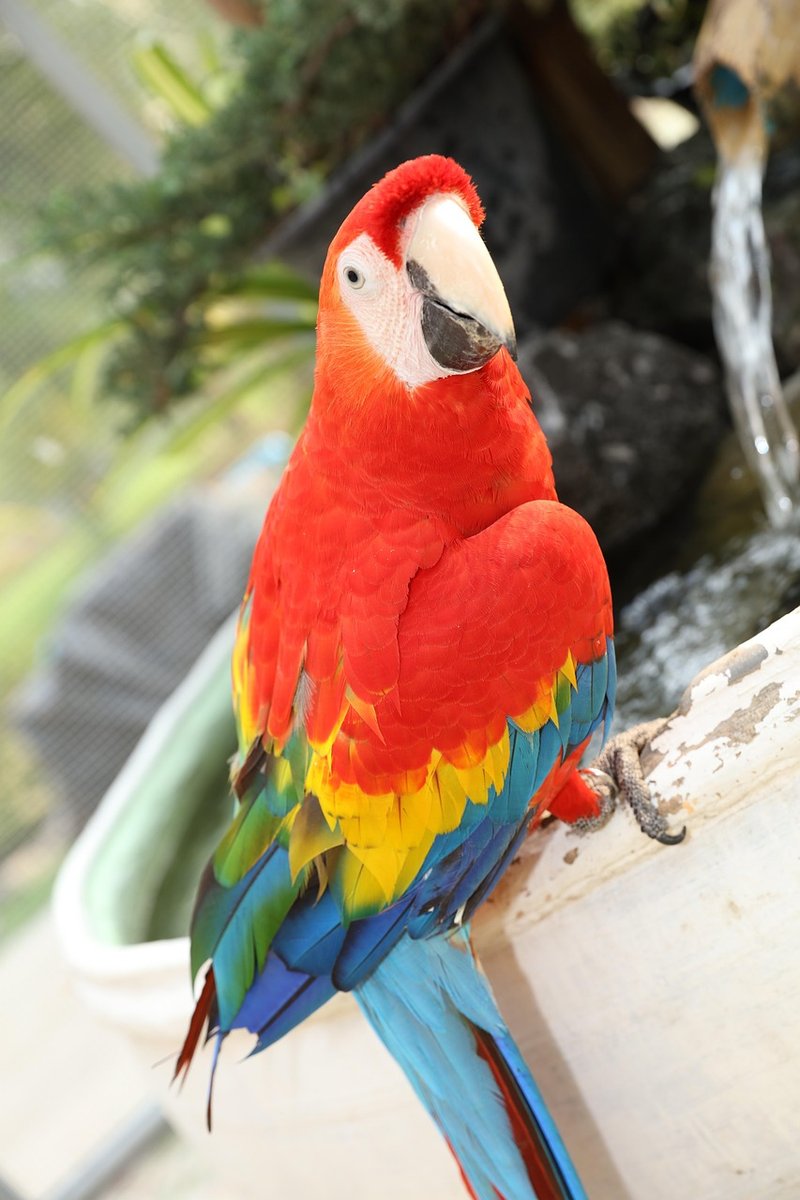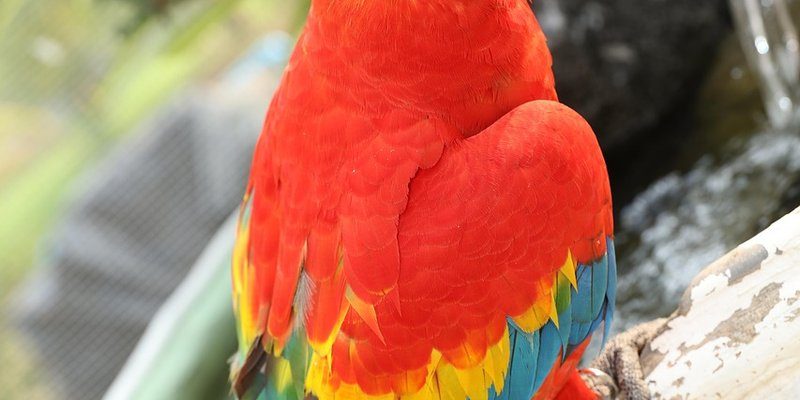
Imagine being a macaw. You’re smart and full of energy, but if you’re alone, that could lead to boredom and loneliness. It’s a bit like being in a room full of books but having no one to talk to about them. Here’s the thing: macaws are naturally social animals. In the wild, they live in flocks, forging close bonds with each other. So when macaws are kept as pets, they often require a similar social structure to feel secure and fulfilled. Let me explain more about their social needs.
Understanding Macaw Social Behavior
Macaws are known for their friendly and playful nature, but what drives that behavior? In the wild, they rely on their flock for protection, communication, and companionship. When in groups, they engage in various activities—sharing food, preening each other, and mimicking sounds. All of this interaction isn’t just fun; it plays a critical role in their emotional well-being.
Without a companion, a macaw can feel isolated. They might start to exhibit unwanted behaviors like screaming, biting, or plucking feathers, which are signs of stress or boredom. Just like humans can feel lonely, macaws can too, leading them to become anxious or depressed. By understanding their social behavior, we can better meet their needs in a home environment.
Do Macaws Need a Bird Companion?
You might be wondering if getting another bird is necessary for your macaw’s happiness. The answer isn’t straightforward—it depends on your bird’s personality and your ability to spend time with them. If you’re often away from home, a second macaw can provide essential company. Birds are social creatures, and having a partner can help them feel more at ease.
However, this isn’t to say every macaw needs a buddy. Some individual birds are perfectly content with human companionship alone. But remember, macaws can have strong personalities that might not match well with another bird. A mismatch can lead to stress and aggression. So, it’s crucial to consider your macaw’s temperament when deciding whether to introduce another bird to the mix.
How to Choose the Right Companion for Your Macaw
If you decide to get another bird, choosing the right companion is key. Look for a bird with a similar age and personality. Young macaws tend to be more playful and energetic, while older ones might prefer a calm environment. Here are a few tips to help you choose:
- Compatibility: Ensure the birds have compatible personalities—too dominant or too shy can lead to conflicts.
- Health Check: Always ensure the new bird is healthy. A vet visit can help rule out any illnesses that could stress your macaw.
- Quarantine: Before introducing the new bird, keep it in a separate space for a few weeks to monitor its health.
This careful selection process will help create a harmonious environment where both birds can thrive together.
Building a Strong Bond with Your Macaw
Whether you have one macaw or several, building a strong bond with them is essential. Just like people, birds need love and attention. Spending quality time with your macaw helps strengthen that bond. Here are some ways to connect deeply with your feathered friend:
- Daily Interaction: Take time each day to interact, even if it’s just talking or playing with toys.
- Training Sessions: Engage in regular training sessions. This not only provides mental stimulation but also reinforces your connection.
- Quality Time: Allow your macaw to spend time outside of its cage. Explore the house together or enjoy some outdoor sunshine, if safe!
The more time you invest in your macaw, the happier and more secure they’ll feel.
Signs Your Macaw Needs More Social Interaction
Every macaw is different, but there are common signs that indicate your bird might need more social interaction. If you notice any of the following, it might be time to rethink your macaw’s social environment:
- Excessive Screaming: If your macaw is louder than usual, it could be a call for attention or companionship.
- Destructive Behavior: Chewing on cage bars or toys more than normal can signify boredom.
- Feather Plucking: If your bird starts pulling out its feathers, this could indicate stress or loneliness.
Being aware of these signs can help you address any social needs before they escalate into bigger problems.
In conclusion, macaws are social creatures that thrive on companionship. Whether that means another bird or plenty of engaging time with their human, understanding their social needs is crucial. By providing a loving environment and considering the option of adding a companion, you’re helping your macaw live a fuller, happier life.
Remember, every macaw is unique, and what works for one bird might not work for another. Stay attentive, and listen to what your feathered friend needs. With love, care, and understanding, you’ll both enjoy a wonderful friendship that soars to new heights!

